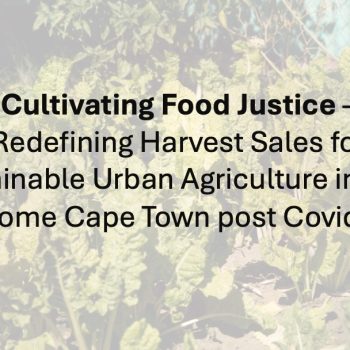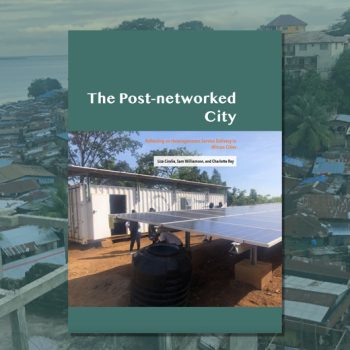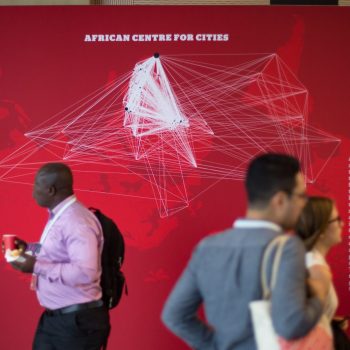“This World Cup is not for us poor people.” – Woman Street Trader, Port Elizabeth, South Africa, 2010
Hosting mega events is often a catalyst to excluding informal workers in general and street traders in particular from urban plans. StreetNet International’s World Class Cities for All Campaign was launched prior to the 2010 World Cup in South Africa and was active in India in the run up to and during the 2010 Commonwealth Games in New Delhi, India. Campaign efforts are now concentrated in Brazil in the run up to hosting the 2014 soccer World Cup and the 2016 Olympic Games. The campaign aims to expose policies of evictions carried out prior to sports mega-events and to help create greater global awareness about the need to rethink urban planning and services so as to actively support the needs and interests of informal economy workers. In addition, it seeks to support and strengthen existing street vendors’ organizations through leadership training and to establish a broad coalition of informal workers and their allies to achieve better bargaining conditions for the urban poor. For more details visit StreetNet’s World Class Cities for All Campaign.
StreetNet International, in partnership with the CUT Brazil and the Gaspar Garcia Centre for Human Rights, commissioned research to identify and record the main demands of the different street vendors’ associations in the 12 World Cup host cities. A summary of the research can be found here.
WIEGO’s work in this area has been to compile all the evidence on the impact on the working poor of mega events in general and the Soccer World Cup in South Africa in particular:
James Duminy with Thembi Luckett. Literature Survey: Mega-Events and the Working Poor, with a Special Reference to the 2010 FIFA World Cup. WIEGO Resource Document.
Informed by the core concerns of the project, Glen Robbins, a South African based researcher, has collated lessons learned from the 2010 Soccer World Cup for activists in host cities in Brazil:


